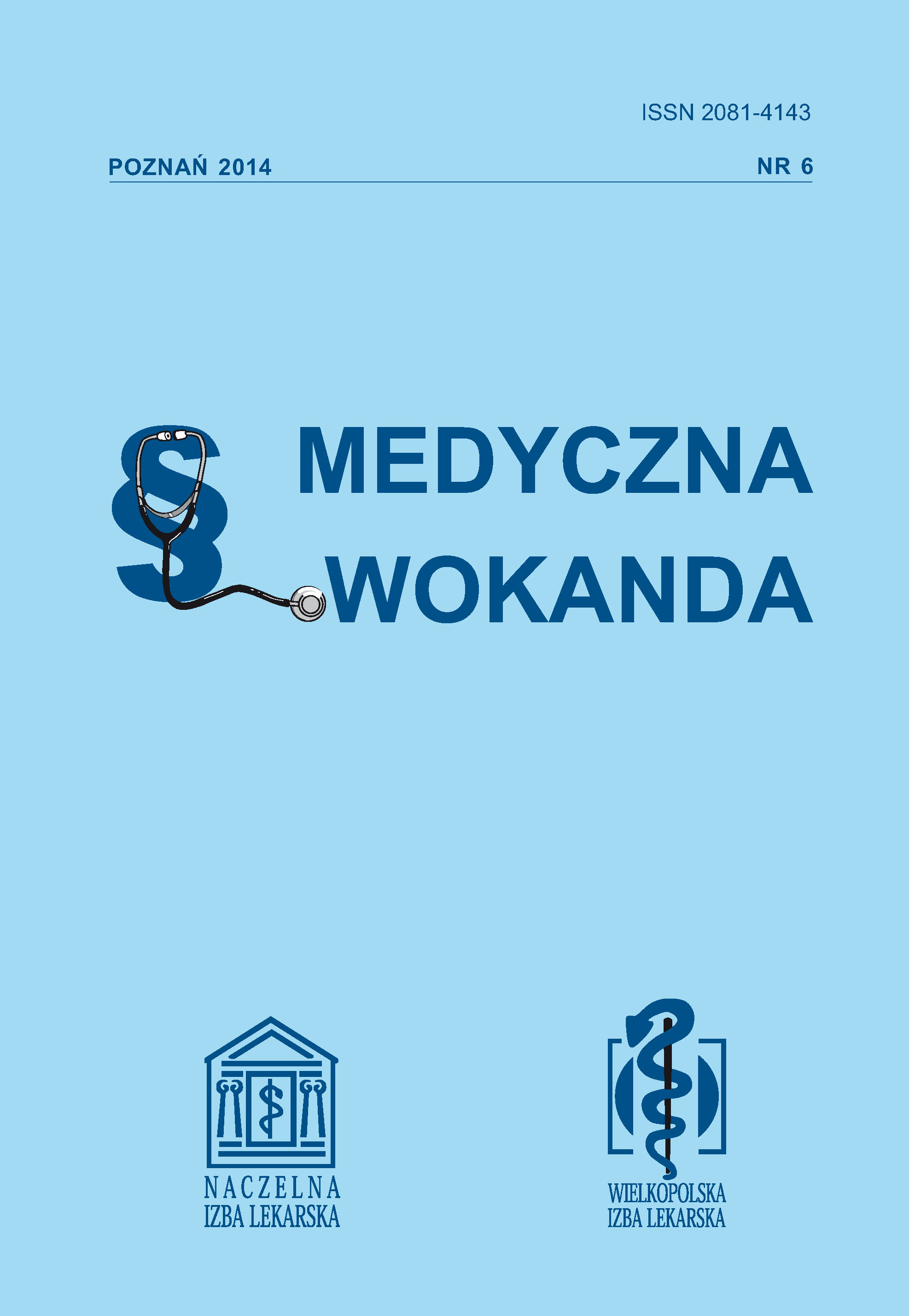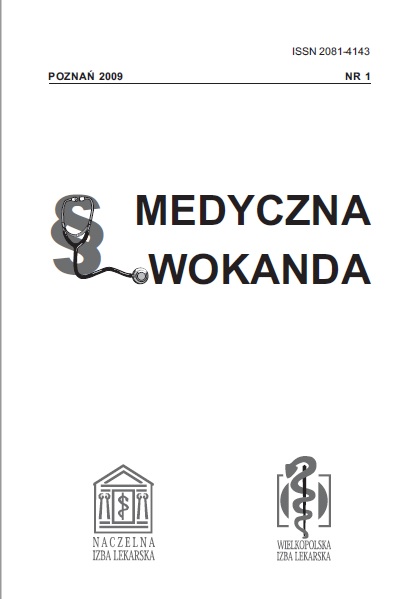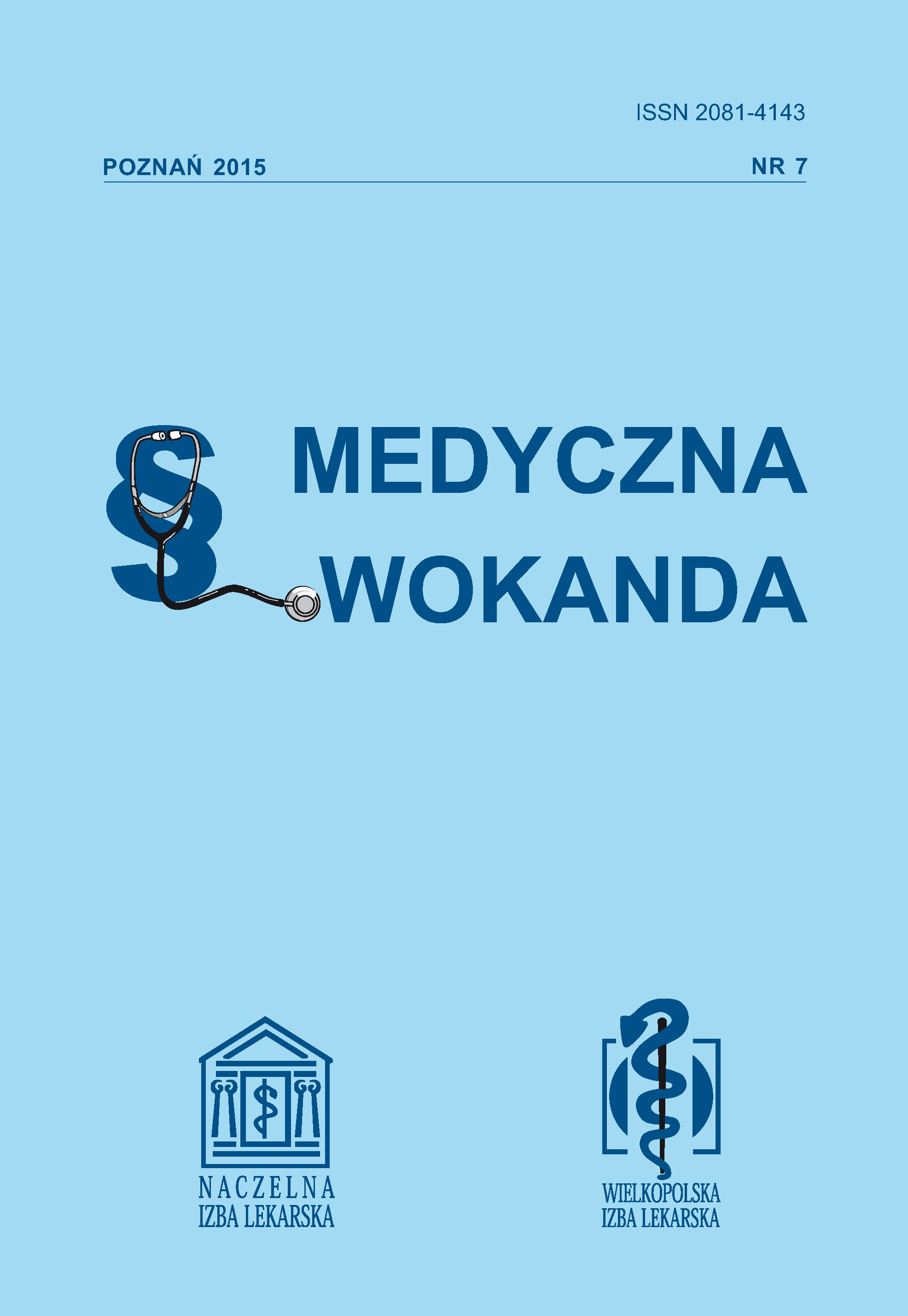
Zasady końcowe Kodeksu etyki lekarskiej
Presented considerations revolve around analysis of Chapter VI of the Code of Medical Ethics (CME) and its importance concerning responsibilities of physicians and dentists. The analyzedCME section emphasises promotion of learning professional ethics and attitudes consistent withthe law, the code of ethics and morality of medical community. Closing remarks focus on highlighting the importance of exploration and respecting proper patterns of behavior. In addition,specific requirements are directed at the medical community, in the context of educating futurephysicians and dentists – beside theoretical knowledge and professional experience, they should also demonstrate knowledge of CME and respect for principles contained therein.
More...

